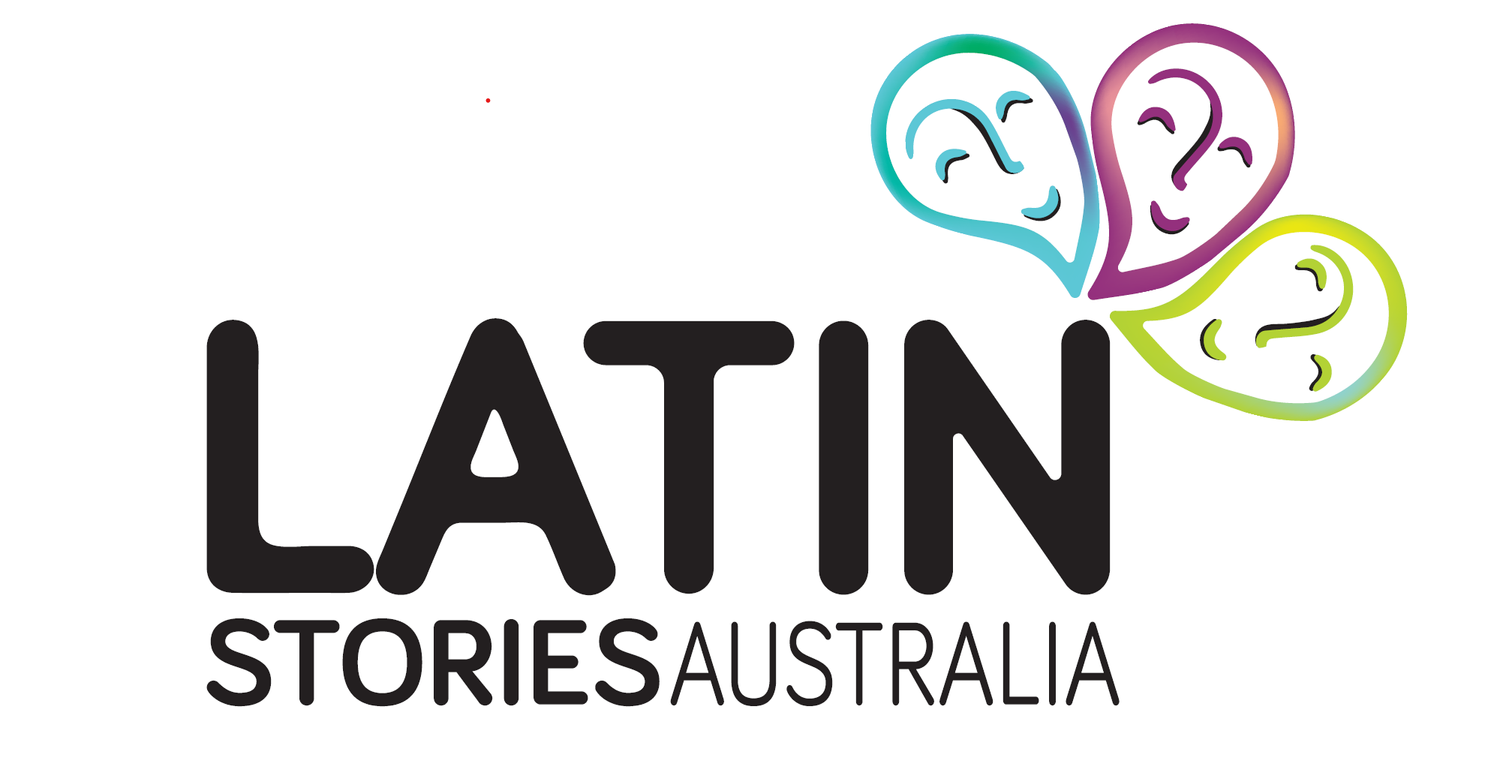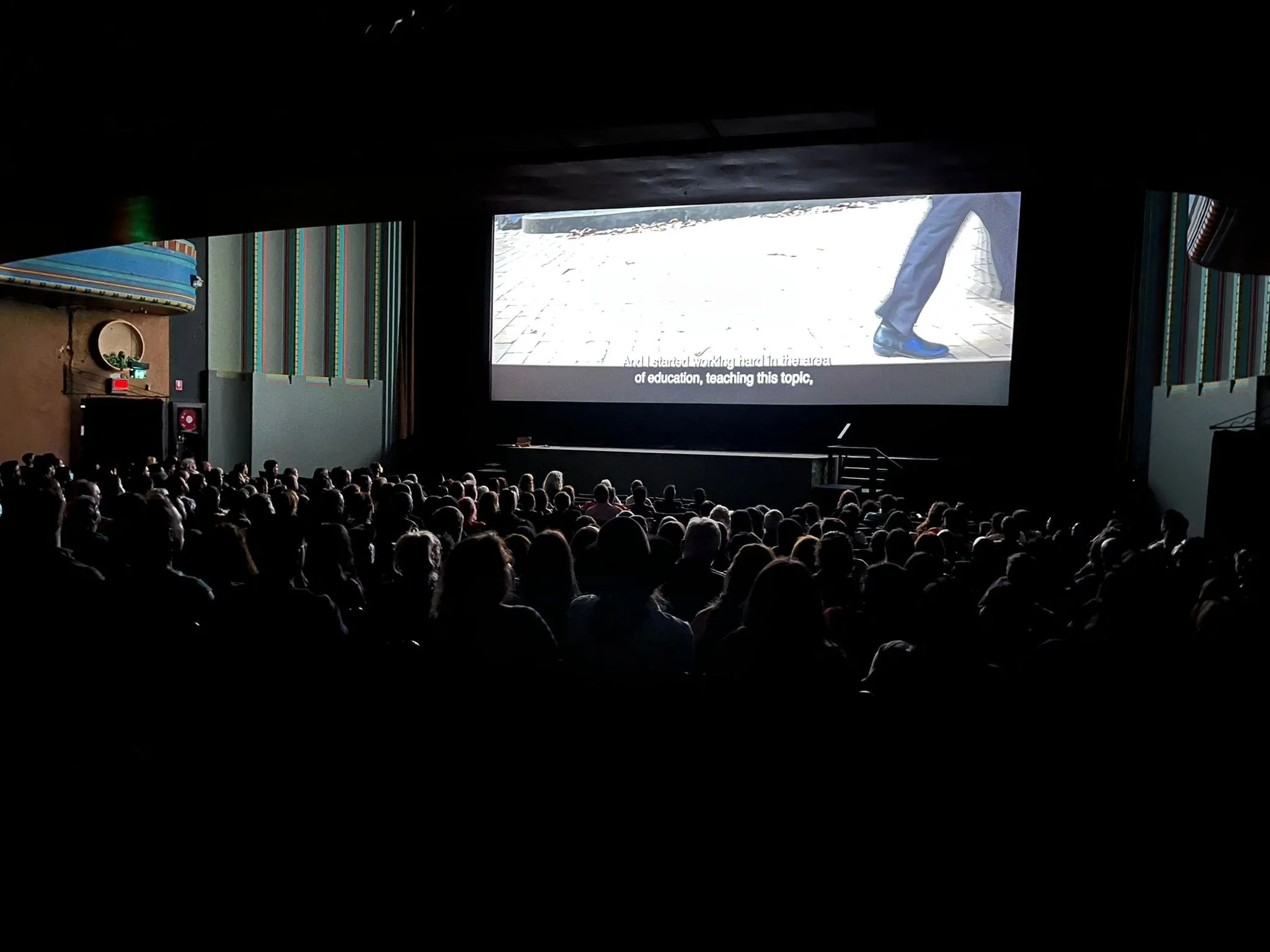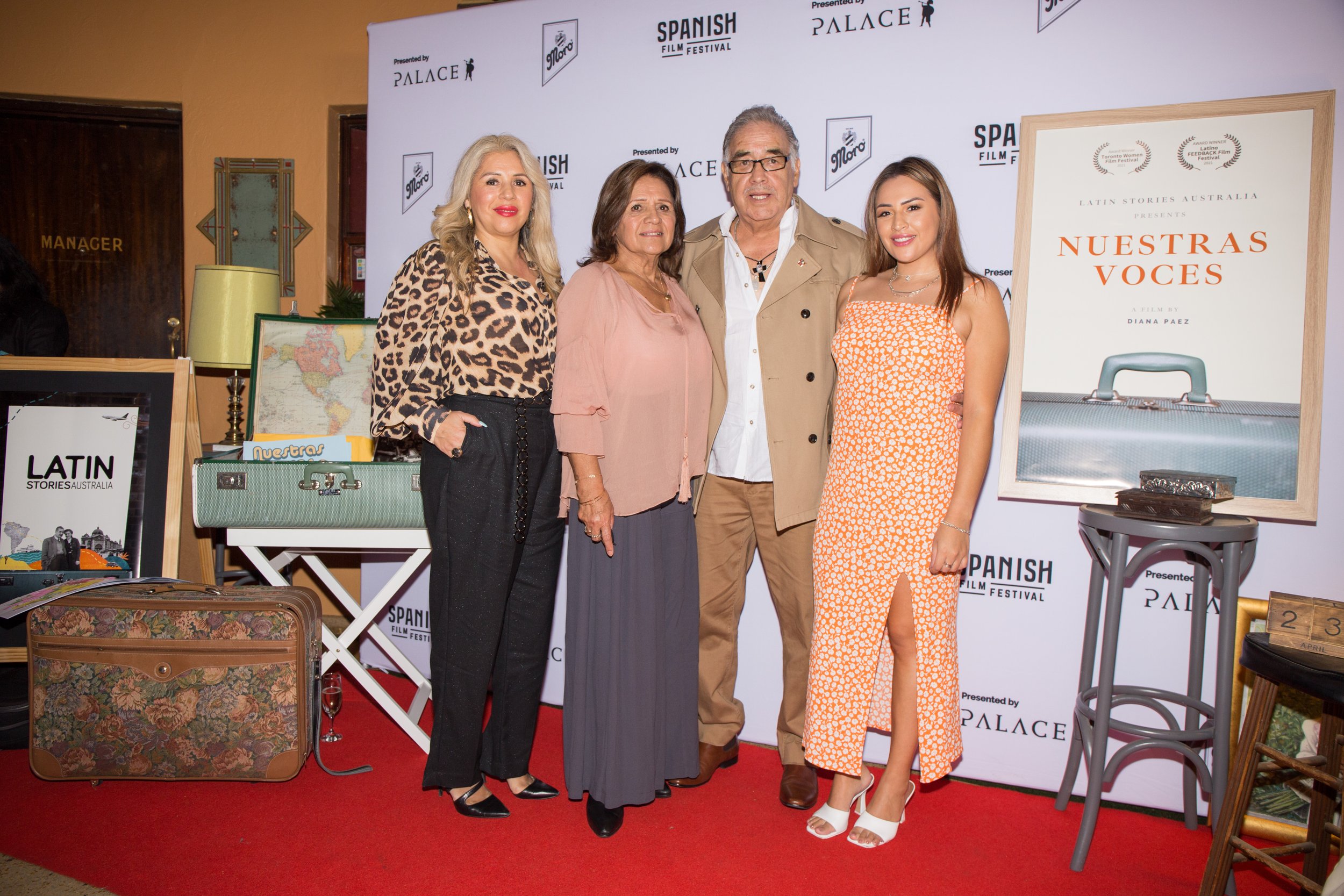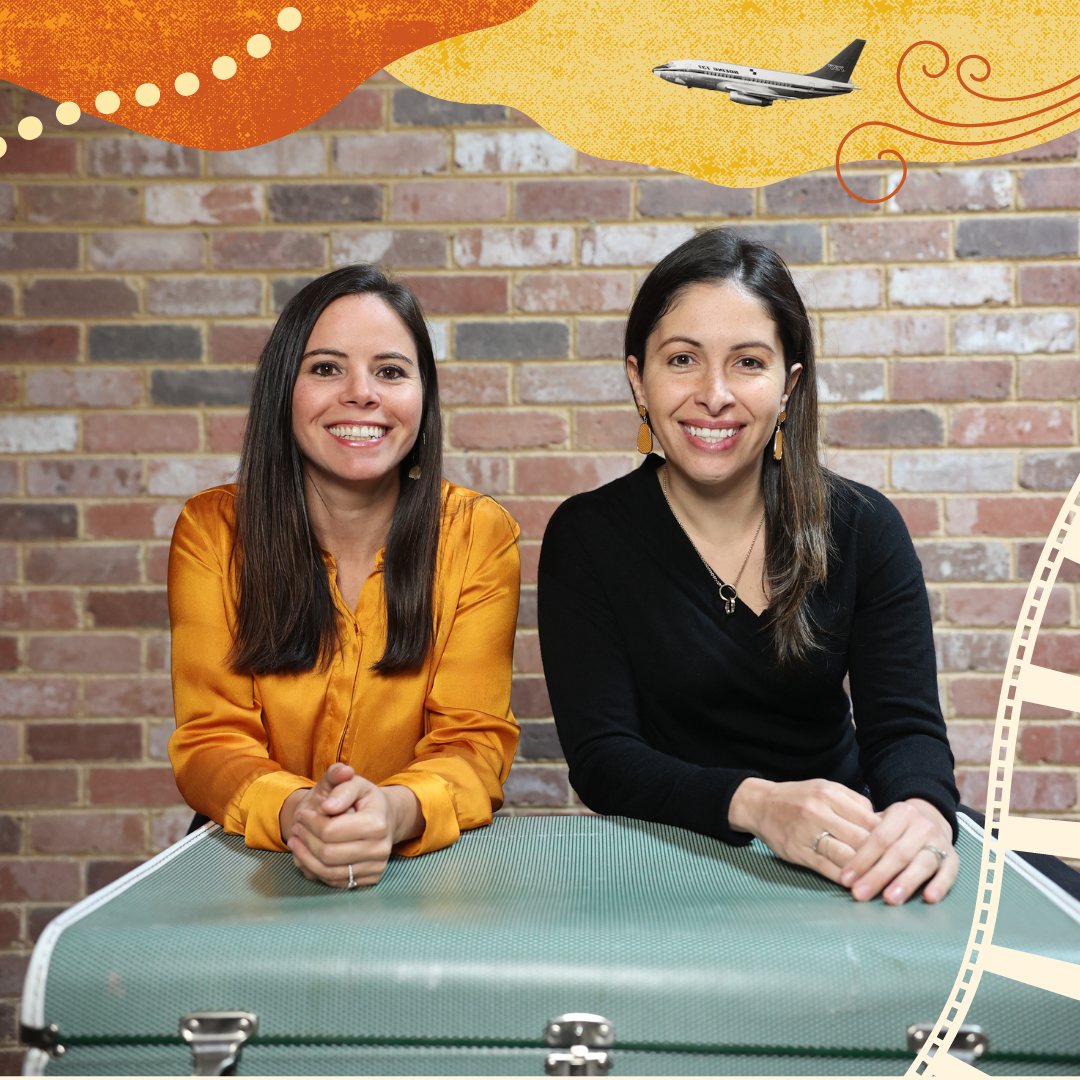Nuestras Voces
Context of the project
Between 1960s and 1980s, thousands of people from Spain and Latin America (mainly from Argentina, Chile, El Salvador, and Uruguay) migrated to Australia mostly escaping unstable and dangerous political situations, namely dictatorships and civil war. At that time, Australia’s migration policies were changing. This allowed people from Spain and Latin America to find refuge and start a new and safe life in Australia. The Spanish speaking communities lived the transformation of Australia, from a “White Australia” to a “Multicultural Country”, which started in 1973 when the “White Australia Policy” was abolished by the Whitlam government. The difficulties experienced by those who arrived during the “White Australian Policy” and their contribution to the Victorian community is largely missing from the multicultural history of Victoria.
It was important that these generations were empowered to tell their stories, for their own descendants but also for the wider community. This project is centered on social harmony and connection. It explores migrant and refugee settlement challenges but also highlights the long-term and continuous contribution of migrants and refugees. This project situated the Spanish speaking communities amongst Victoria’s social tapestry, highlighted their contribution to the State, and provided an understanding how these generations can be best supported given they are currently experiencing aging.
interested on watching the documentary or hosting a private screening?
HOW DID PEOPLE PARTICIPATE?
See the video below to know more about this project!
How are the stories shared?
Documentary Film
“What brought them to Australia? What was life like for them when they came? Who are they now?
Around the world, there are over 270 million immigrants, more than ever before. However, the benefits of migration have been questioned by some. Through the testimonials of a group of Spanish-speaking migrants who arrived in Victoria, Australia between the 60s and the 80s, we embark on an emotional journey to understand the challenges and joys of their stories, showcasing their contribution to the social and cultural fabric of this country.
The documentary “Nuestras Voces” is a powerful reflection on the strength and resilience of immigrants”
Film directed by Diana Paez
Previous PRIVATE SCREENINGs
We are excited beyond words with the amazing reception of the online private screening of the “Nuestras Voces” film on the 30th of October 2021. It was watched by 250 users and approximately 500 people. It was an exciting and joyful afternoon. Thanks to everyone who joined us!
We are over the moon with the success the film had during the 2022 Spanish Film Festival by Palace Cinemas! The Australian physical Premiere of our award winning documentary was on the Saturday 23 April at 4:00 PM at the Astor, St Kilda, Melbourne. Around 300 people attended the event. In total, there were 14 screenings around Australia in Melbourne Sydney, Perth, Adelaide ,Canberra, Brisbane & Byron Bay.
Other organisations who had organised screenings are: Vanguard Investments, Monash University, CAFS, Latin QLD, Victorian Government Water Commision & Melbourne University.
Findings Report
As part of the “Nuestras Voces” project, a report was developed to provide insights to the Victorian Government into ways to better support senior migrant communities from a Spanish-speaking background, and new migrant and refugee communities. This report will be shared with the Victorian Government, other government departments, jurisdictions and the broader community.
Some of the key findings:
Government policies had a great impact on how the migration experience was perceived.
Language, racism, cultural differences, limited professional opportunities, limited culturally sensitive and specialised services, and being far from family were the main challenges experienced by the Spanish-speaking communities who arrived between 1960s and 1980s. These challenges had an impact on confidence, social cohesion, and access to opportunities and relevant support services.
The previous challenges motivated members of the communities to lobby and influence the system, and to contribute to Victorian society by creating important organisations which responded to the needs of the community.
Key elements for the integration process of the Spanish-speaking communities include: understanding and embracing Australian culture and way of life – while keeping their own culture alive-; building community resilience; developing support networks; and accessing relevant services and the support of relevant organisations
Social isolation, loneliness, mental health issues and the lack of culturally appropriated care are current challenges facing seniors from the Spanish-speaking communities who arrived between the 1960s and 1980s.
“I am concerned about the elderly, the process of loss, mourning….they are in their homes, reflecting on their story, what has been… perhaps they are alone because their children and grandchildren do not speak the language, they have lost the ability to speak Spanish… The loneliness, dementia, Alzheimer’s in connection with the trauma. One remembers the traumatic part that was never spoken about”. (Dr. Maritza Thompson, Psychologist)
PODCAST SERIES
You can also listen the story of some of our “Nuestras Voces” participants through the “Destino: Australia” podcast series by SBS Radio Spanish. Listen online at https://www.sbs.com.au/language/spanish or on your favourite podcast app. Just search "Destino: Australia" and every second Friday you'll find a new story, until January 21, 2022.
We gratefully acknowledge the support and commitment of SBS Radio Spanish in the realisation of this project.
Interested on the project?
Contact us at latinstoriesaustralia@gmail.com for private screenings of the documentary film.
On the media
Trini & Cristy, Directors
We would like to acknowledge the traditional owners of the Kulin Nation on which this project was undertaken. We also acknowledge the impact of the “White Australian” policy (and other policies) on the First Nations people.
We would also like to acknowledge the support of those who made this project possible: Our working group and volunteers: Trinidad Abascal, Cristina Abela, Diana Paez, Valeria Silva, Tamara Ortegon, Claire Bower, Juan Chacon-Olier, Carolina Perez Dilsizian, Jemma Ives, Rebecca Batelaan, Laura Chevis, and Zoe Gleeson; the Steering Committee: Rafaela Lopez (nee Torres), Telmo Languiller and Teresa De Fazio; and Carlos Colina (from SBS Radio Spanish) who undertook some of the interviews.
Finally, we would like to thank all of those who participated in this project and shared their personal experience of migration with us. Latin Stories Australia acknowledges the challenging circumstances they encountered in their migration experience. We commend their resilience and determination to overcome the challenges they experienced in their first few years after arrival and drive change for themselves and their communities in Australia.
This project is funded by the Victorian Government
©Latin Stories Australia

















